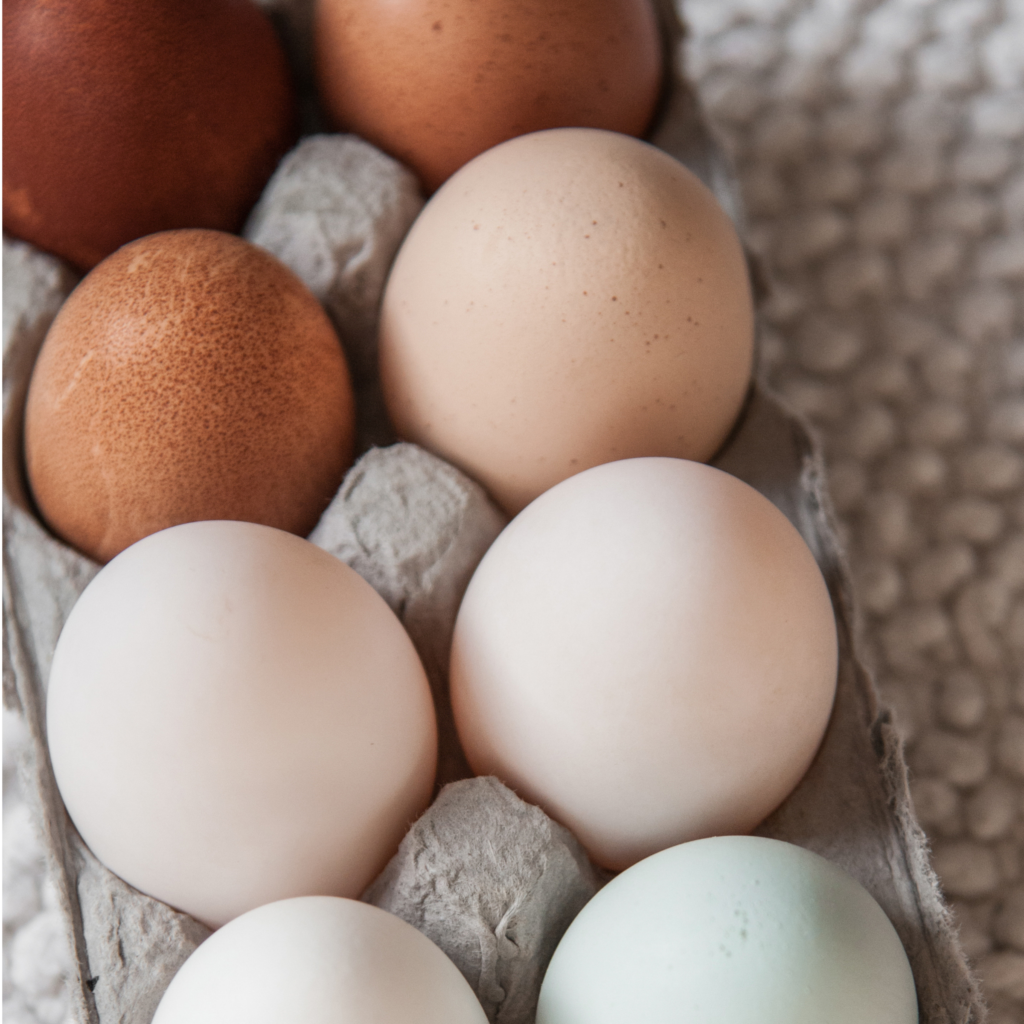Vitamin D & Menopause

If there’s one thing I’ve seen over and over again, is that as women, we tend to put ourselves at the very back of the line. By the time we do make it to the front of the line, we either have very little energy left to take care of ourselves, or absolutely no energy left at all. And our health and well-being suffers because of it. Today, I wanted to talk about the importance of vitamin D, and what we can do to maintain good healthy levels of vitamin D, so that we can optimize our health. The first thing I’ve always thought of when I hear vitamin D is bone health. And it’s true, vitamin D, maintains good healthy bones. But I was recently on PubMed, and I was reading about the research that they’re doing between vitamin D and menopause. It’s actually quite fascinating. Low vitamin D levels have been associated with several issues besides just bone health. And that includes cardiovascular disease, type two diabetes, metabolic syndrome, depression, impaired cognitive function, some types of cancer, and even increased mortality. As far as vitamin D and menopause, they are actually starting to see that there could be a link between our vitamin D levels and estrogen metabolism.
During menopause, as our estrogen starts to decline, there’s a lot of things that are happening in our body. And decreasing estrogens means increased bone turnover and a decrease in our bone mineral density. And because of those two things were at higher risk for bone fracture. We’re also at an increased risk for heart disease and metabolic disease. So keeping that healthy vitamin D level is really crucial for helping keep these issues at bay.
As we get older, our body fat increases while our lean body mass decreases. This also seems to have a link with low vitamin D levels. They’re studying that low vitamin D levels can actually aggravate certain other symptoms of menopause. Now, I think we’re all familiar that vitamin D is linked to good bone health.
But what exactly is Vitamin D? Vitamin D is a hormone. Which is fascinating, right? It helps control the calcium absorption into our bones and thereby reduces our risk of osteoporosis. I think it’s always easy to take a supplement to get more vitamin D. But, personally, I am trying to incorporate more vitamin D from foods and sunlight. So, here’s a couple of good ideas to get your vitamin D levels up. The first thing is get some sun exposure. I know that’s kind of a double edged sword because you want to make sure that your skin is protected. You never want to risk skin cancer, but, what I like to do is get my 15 minute sun exposure in the morning because that also helps set my circadian rhythm. And, I’m also getting vitamin D naturally.
Foods that are important to incorporate into your diet for vitamin D are fatty fish, mushrooms, egg yolks and different fortified foods like milk and fortified vitamin D orange juice. Also, maintaining a healthy body weight is important. It’s important for everything right? Taking a quality vitamin D supplement in the wintertime or using a UV lamp.
Now, to maximize vitamin D absorption, we need to also make sure that our vitamin K, magnesium and zinc levels are at the proper amount. So, you’re going to want to include foods like avocados, nuts and seeds, and full fat dairy products. Now, I know “full fat” might make you shrink back a little bit. But if you’re going to do full fat dairy products, please do the organic, grass fed pasture raised because that full fat contains fatty chains that are actually chemically different than a commercially produced dairy fatty chains. And it’s so good and so healthy for your body. So I’m just curious, what are you doing to make sure you’re at the front of your self-care line and your vitamin D levels are where they should be?
